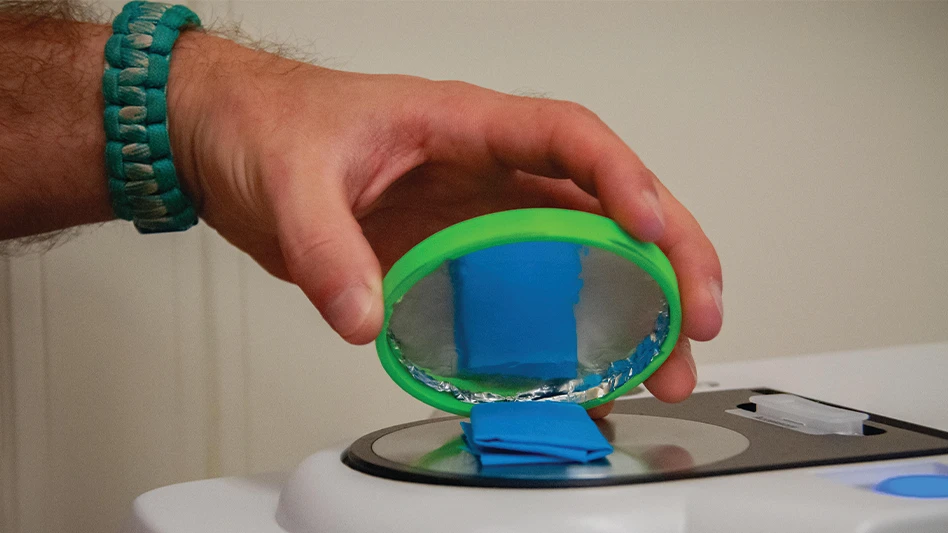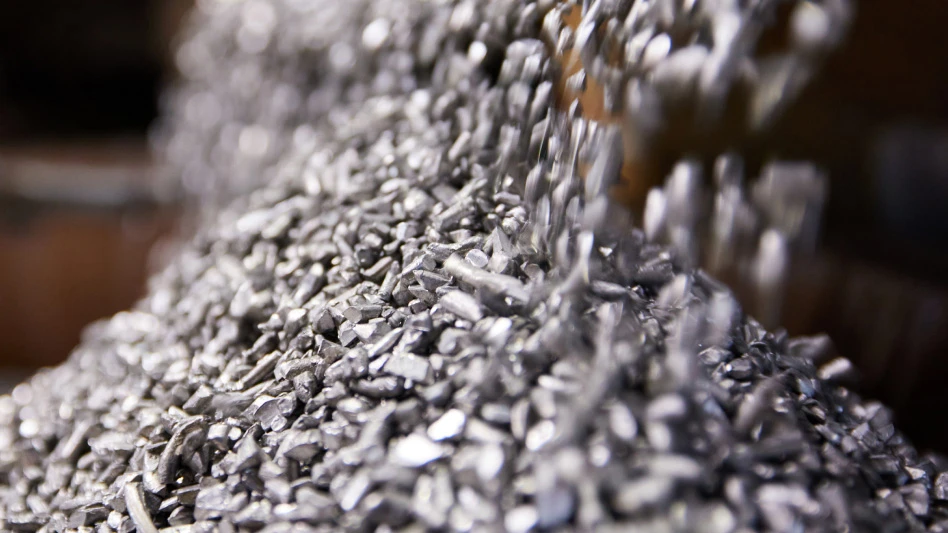
The American Chemistry Council’s (ACC’s) Plastics Division, Washington, has published a report that supplements a previous report on mixed waste processing facilities. The new report demonstrates that the principal technology and equipment used in modern materials recovery facilities (MRFs) are being successfully integrated into new mixed waste processing facilities (MWPFs.)
The previous ACC report, published in 2015, provided an overview of the history, evolution and role of MRFs in modern solid waste management. In this report, today’s MRFs and MWPFs were evaluated for how efficiently they divert materials from landfills by maximizing recovery of marketable commodities from single- and dual-stream recyclables and/or municipal solid waste (MSW.) Both reports, authored by Gershman, Brickner & Bratton Inc. (GBB), Fairfax, Virginia, are available on the ACC website:
- "The Evolution of Mixed Waste Processing Facilities - Technology and Equipment Guide" (Supplemental Report - May 2016)
- "The Evolution of Mixed Waste Processing Facilities - 1970 to Today" (June 2015)
The newly released supplemental report reviews 10 specific types of commercially proven equipment that are traditionally used or adapted for the handling of solid waste, such as optical sorting systems, bag openers, air separation systems and densifiers. It describes how each type of equipment is uniquely designed for the separation of certain constituents in MSW for both MRFs and MWPFs. The evaluation includes the quality of the finished product, the volume that is captured versus lost and the speeds at which the processing equipment works.
"The report also features innovative machinery that either combines equipment functions or are different adaptations of similar designs," says Bradley Kelley, GBB senior project engineer. "These ongoing innovations continue to upgrade the quality, accuracy and speed of recovery processes and deliver performance improvements for MRFs and MWPFs."
"Recycling is a critical part of conserving earth’s limited resources," says Craig Cookson, ACC's senior director of recycling and energy recovery. "These two reports will help communities, recyclers and other decision-makers better understand the evolution of technologies available for mixed waste processing."
Latest from Recycling Today
- APR launches Recycling Leadership Awards
- Private equity firm announces majority investment in Sprout
- Author predicts spike in silver’s value
- SWANA webinar focuses on Phoenix recycling collaboration
- Domestic aluminum demand up through Q3 2024
- IntelliShift honored at IoT Breakthrough Awards
- Ace Green Recycling finalizes plans for battery recycling site in India
- Ambercycle, Benma partner to scale circular polyester





